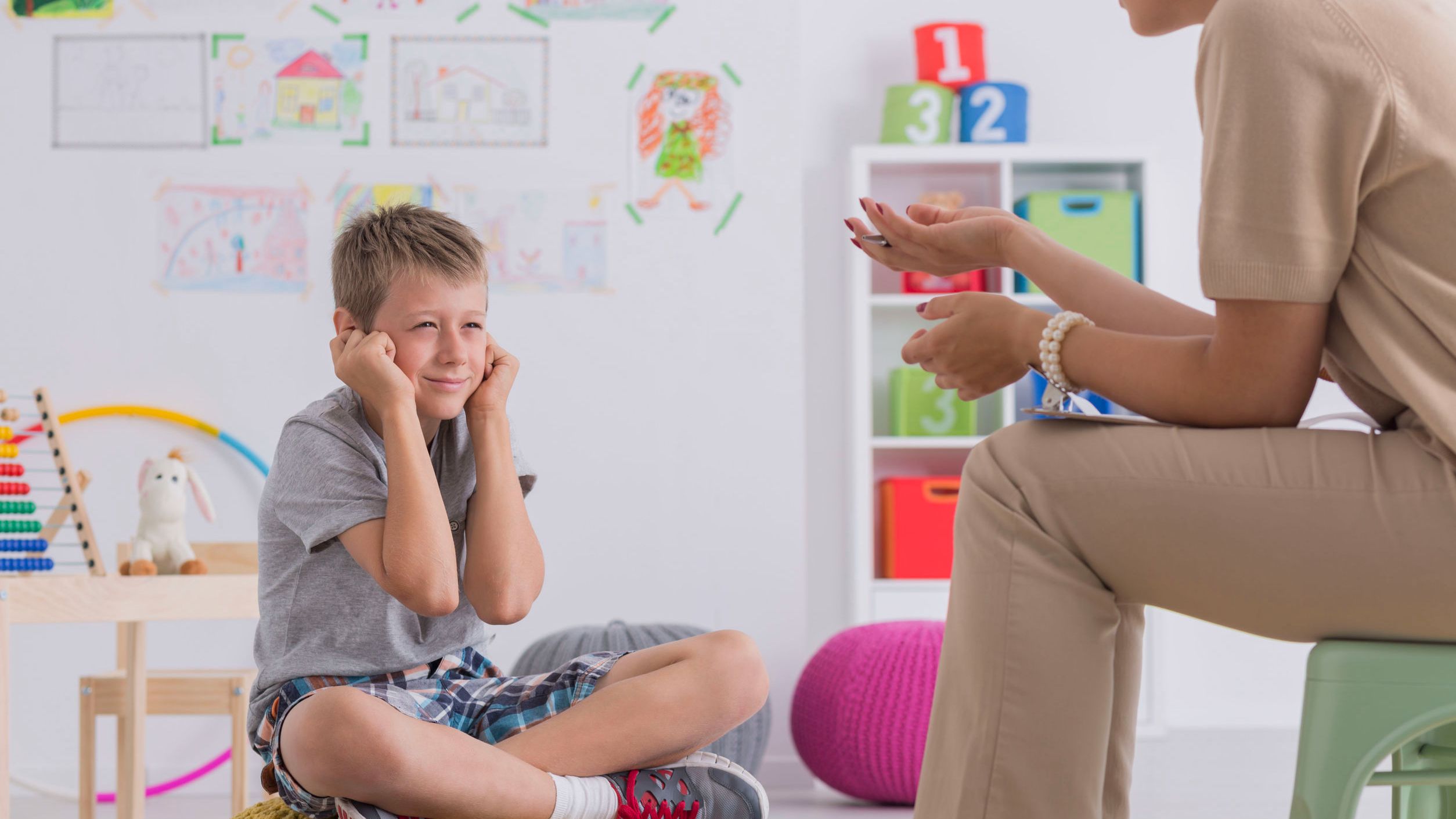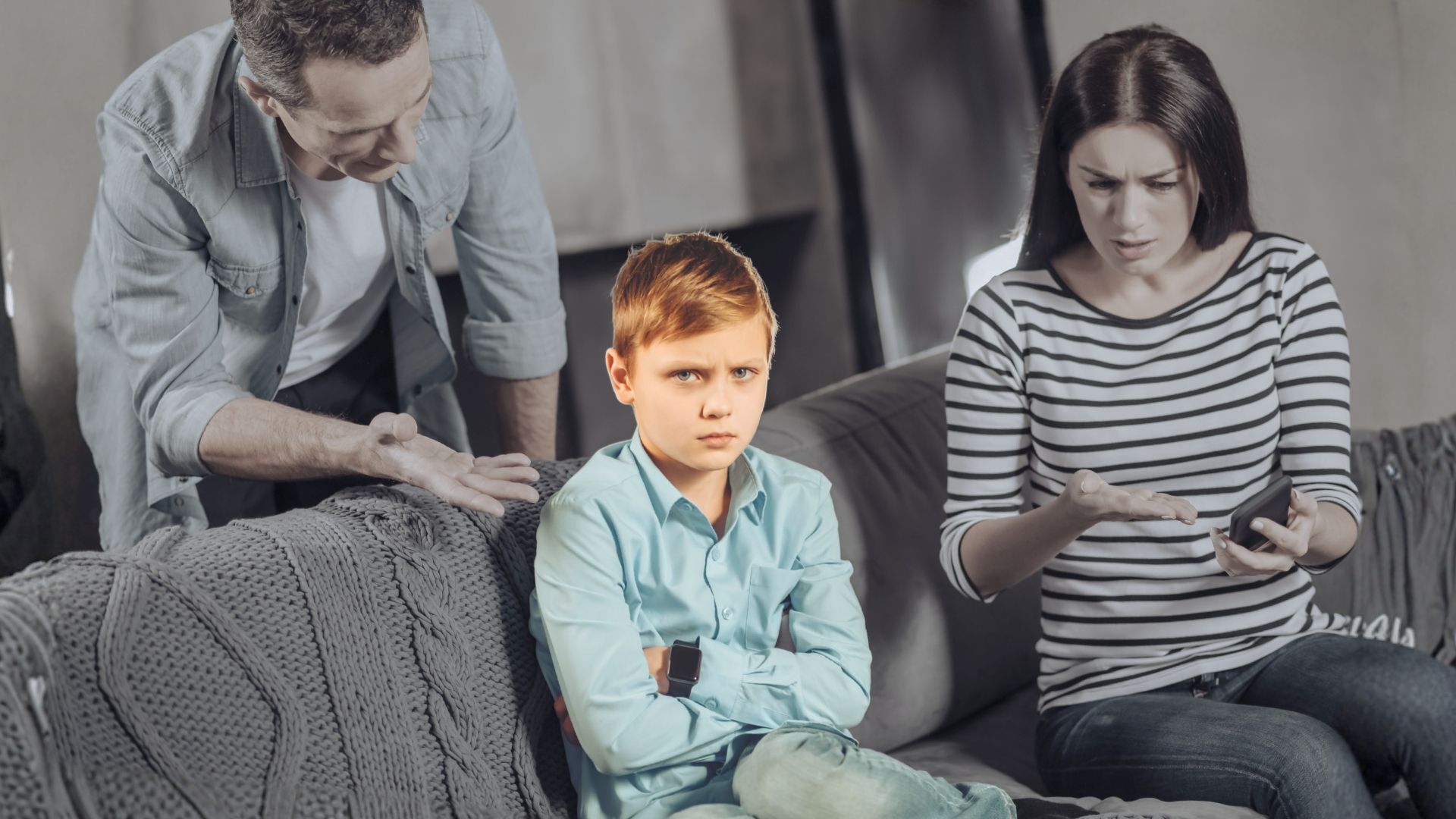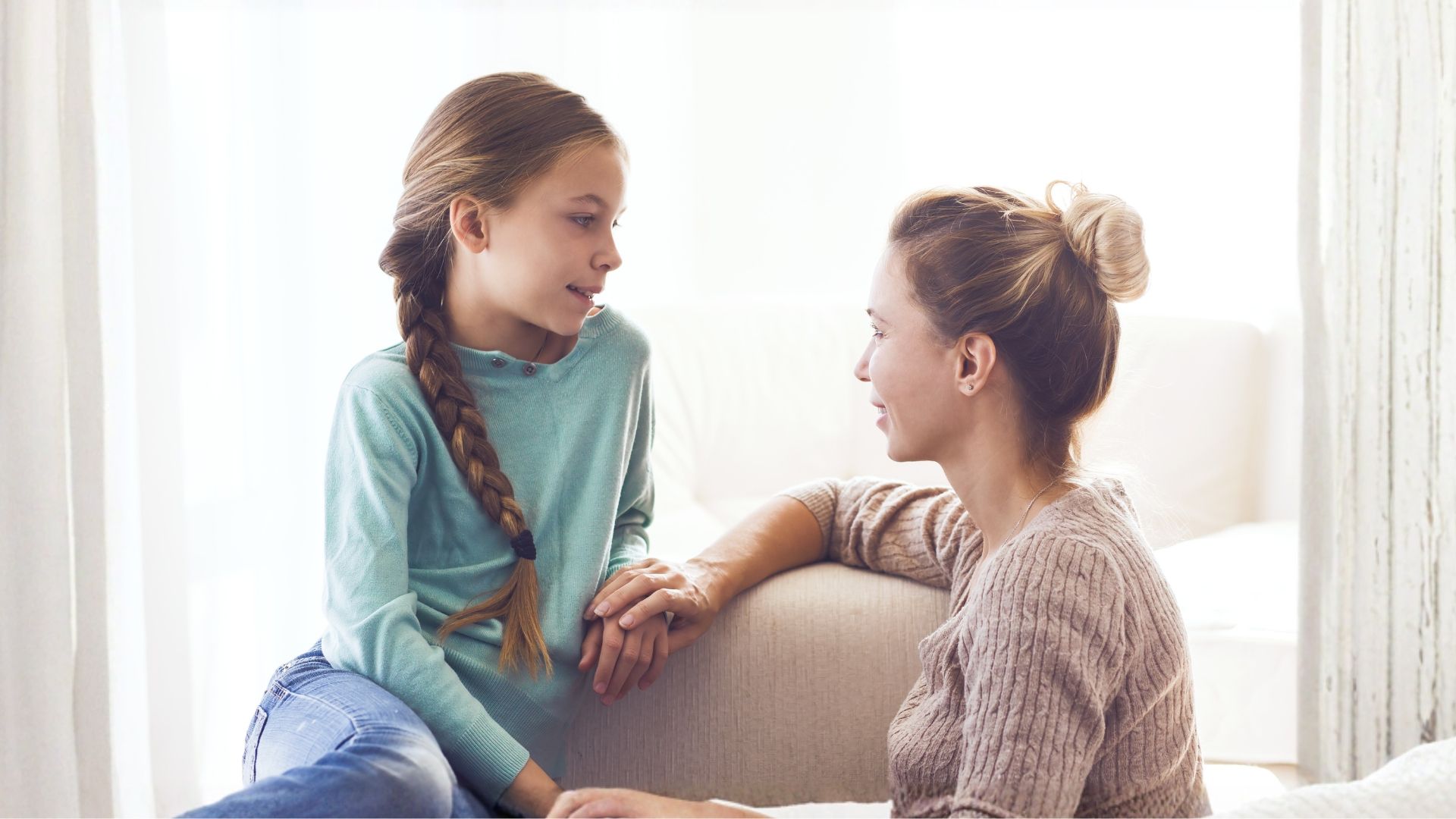The Reason Your Child’s ADHD Treatment Isn’t Working — Backed by Research | Ryan Wexelblatt, LCSW, ADHD Dude

If you’re doing everything you can to help your child with ADHD—but nothing seems to stick—you’re not alone. It’s exhausting, confusing, and often discouraging. And yet, most parents don’t realize that they were likely sent down the wrong path from the beginning.
That’s not a reflection of you. It’s the result of a system that still doesn’t understand what ADHD is—and what helps kids with ADHD build the skills they need to succeed.
I’m Ryan Wexelblatt, LCSW, a licensed clinical social worker, former school social worker, and the father of a son with ADHD and learning differences. I created ADHD Dude programs to fill the gap between research-backed ADHD treatment and what families are being told to do.
Let’s talk about why your child’s ADHD treatment isn’t working—and what to do instead.
ADHD Isn’t a Psychological Disorder—It’s a Self-Management Delay
ADHD isn’t about a lack of motivation or a mental health issue. It’s a developmental delay in executive functioning—the brain-based skills that help us be flexible, regulate emotions, plan ahead, and control impulses.
This is why so many standard treatment approaches don’t work. Most of them are designed for emotional insight and reflection, not for building the self-management skills ADHD kids lack (CDC, 2023; American Academy of Pediatrics [AAP], 2019).
What the Research Actually Recommends (And What Most Parents Aren’t Told)
Here’s what the evidence says—clearly and consistently:
- The American Academy of Pediatrics recommends parent behavior training as the #1 treatment for children with ADHD. (AAP, 2022).
- The Society of Clinical Child and Adolescent Psychology, part of the American Psychological Association, also lists parent behavior training as a “well-established treatment” for ADHD (Society of Clinical Child and Adolescent Psychology, n.d.).
So why are families still being referred to talk therapy, play therapy, or other forms of “talk therapy”?
Because most medical and mental health professionals aren’t trained in current ADHD treatment guidelines. They refer to what they know, not necessarily to what works. And as a result, families end up wasting time and money on therapies that aren’t designed for ADHD brains.
Talk Therapy Isn’t Designed for ADHD
Talk therapy can be helpful for emotional disorders—but ADHD isn’t an emotional disorder. It’s a neurological difference. Talk therapy focuses on self-reflection and emotional processing, which:
- Doesn’t build executive functioning
- Doesn’t teach behavior regulation
- Doesn’t provide the in-the-moment strategies ADHD kids need
This is why there is no strong research evidence that talk therapy improves ADHD symptoms in children (CDC, 2023; AAP, 2019).
Why Play Therapy Doesn’t Help Either
Play therapy is often marketed as helpful for younger children. But the evidence just isn’t there when it comes to ADHD. Play therapy:
- Doesn’t build emotional regulation
- Doesn’t improve cognitive flexibility
- Doesn’t strengthen executive function skills
Multiple research reviews—including those summarized by the Society of Clinical Child and Adolescent Psychology—confirm that play therapy does not improve ADHD-related impairments (Bratton, Ray, Rhine, & Jones, 2005; Ray, 2008).
What About CBT?
Cognitive Behavioral Therapy (CBT) is highly effective for adults with ADHD—but not for younger kids.
CBT requires abstract thinking and metacognitive skills—abilities most kids don’t develop until around age 14. Even then, the child needs to be motivated to participate for it to be effective. For younger children, CBT is generally not sufficient as a standalone treatment for ADHD symptoms (AAP, 2022).
So What Does Work?
Parent behavior training is the one approach consistently supported by high-quality research.
That’s because it targets what ADHD actually affects: self-management and executive functioning. And when parents are trained to create structure, build skills at home, and stop reinforcing the wrong behaviors, that’s when real change begins (Pelham, Wheeler, & Chronis, 1998).
At ADHD Dude, our programs go even further. We integrate:
- Skill-building strategies to address executive functioning
- Parent-focused training you are the best intervention
- Practical tools, not therapy theories, that work in real life
You Already Have What It Takes to Help Your Child—You Just Need a New Roadmap
It’s not about trying harder. It’s about having the right strategies—ones grounded in how the ADHD brain actually works. That’s exactly what we provide inside the ADHD Dude Membership.
You’ll find programs like:
- Capable & Confident (ages 4–7) and Scaffolding Better Behavior (ages 8–17) – Our flagship parent behavior training programs
- Courses that focus on building cognitive flexibility, emotional regulation, and real-world responsibility
- Tools and resources you can use today to reduce chaos and help your child succeed
The Families Who Lead With Strategy See the Biggest Growth
If you’ve been doing everything, but nothing has worked, I want you to know: it’s not your fault. You were never given the roadmap that’s actually aligned with the evidence.
But now you have it. You already have what it takes to lead your child. You just need the right tools and structure to do it.
Visit adhddude.com to get started today.
References:
- American Academy of Pediatrics. (2019). Parent training in behavior management: Parenting techniques that work. In M. Wolraich & J. Hagan (Eds.), ADHD: What Every Parent Needs to Know (3rd ed.).
- American Academy of Pediatrics. (2022). Attention-deficit/hyperactivity disorder (ADHD). Retrieved from https://www.aap.org/en/patient-care/attention-deficit-hyperactivity-disorder-adhd/
- Bratton, S. C., Ray, D., Rhine, T., & Jones, L. (2005). The efficacy of play therapy with children: A meta-analytic review of treatment outcomes. Professional Psychology: Research and Practice, 36(4), 376–390.
- Centers for Disease Control and Prevention. (2023). Behavior therapy for children with ADHD: Overview for parents. Retrieved from https://www.cdc.gov/adhd/treatment/behavior-therapy.html
- Pelham, W. E., Wheeler, T., & Chronis, A. (1998). Empirically supported psychosocial treatments for attention deficit hyperactivity disorder. Journal of Clinical Child Psychology, 27(2), 190–205.
- Ray, D. C. (2008). Impact of play therapy on parent-child relationship stress in a mental health training setting. International Journal of Play Therapy, 17(1), 44–59.
- Society of Clinical Child and Adolescent Psychology. (n.d.). Effective Child Therapy: Evidence-Based Treatments for Children and Adolescents. Retrieved from https://effectivechildtherapy.org/











